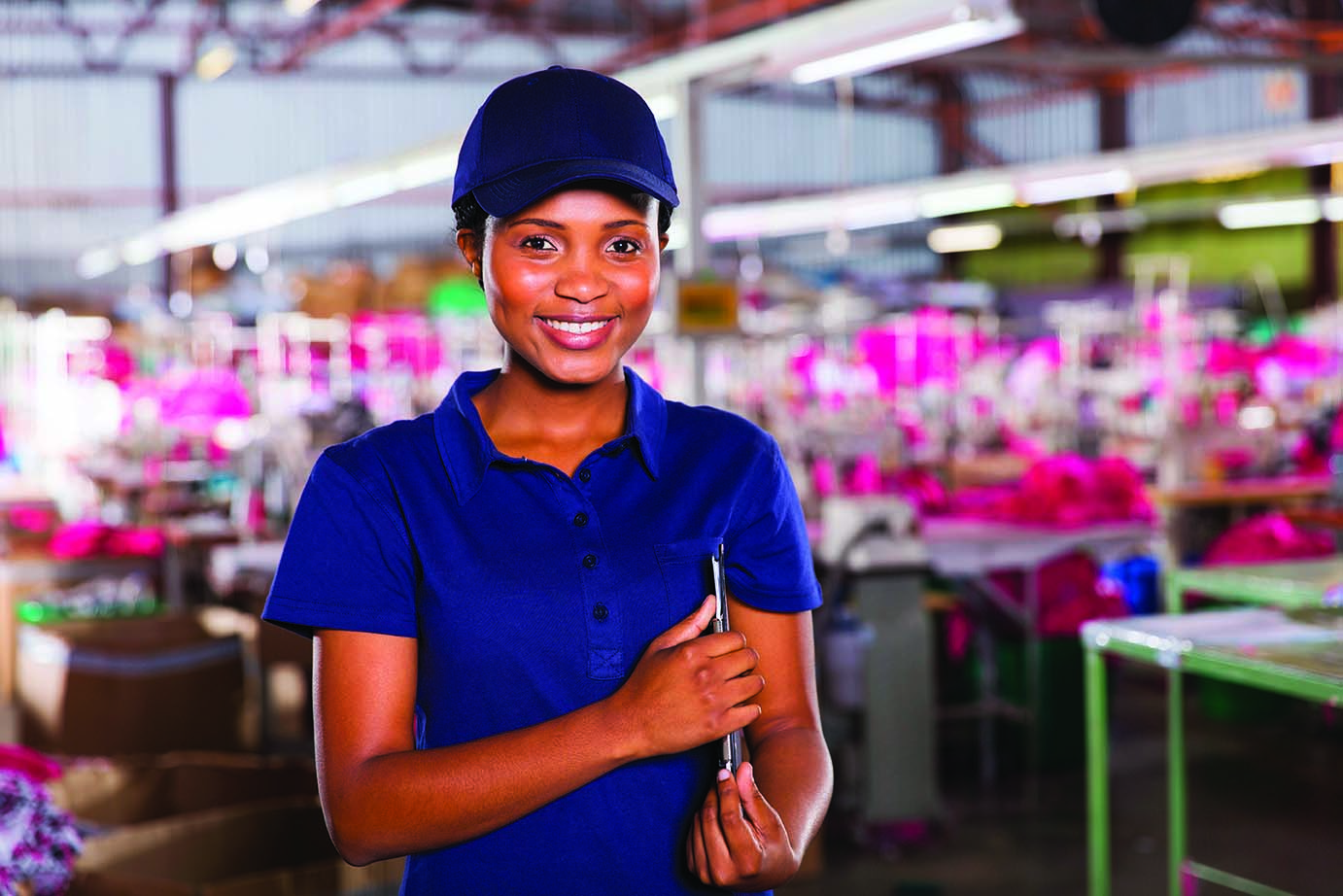
Zimbabwe Country Window
The EELA Zimbabwe Country Window Project promotes inclusive and sustainable economic growth by accelerating the adoption of energy-efficient (EE) lighting and appliances, fostering low-carbon industrial transformation, enhancing local value chains, and advancing e-waste management. Linked to the regional EELA project, it incorporates capacity building and awareness-raising to address energy efficiency challenges and opportunities.
Energy efficiency is essential for Zimbabwe to achieve universal access to affordable, reliable, and modern energy services by 2030. By reducing energy demand, improving electricity access, and cutting costs, EELA initiatives provide a sustainable pathway to support industrial and residential energy needs while mitigating environmental degradation. The project’s integrated approach also strengthens local value chains, fosters innovation, and builds resilience in the face of rising energy demands and climate change pressures.
Why the EELA Zimbabwe Country Window Matters:
EELA interventions focus on boosting the adoption of high-quality energy-efficient products and industrial equipment to lower energy costs for households and businesses. By promoting productive use equipment such as efficient cooling and agro-processing technologies, the project enhances livelihoods, reduces post-harvest losses, and introduces innovative business models to deliver energy services like cooling and lighting effectively.
THE PROJECT GENERAL INFORMATION
BUDGET: 4 Million EUR
PROJECT DURATION: 3 years
IMPLEMENTING AGENCY: UNIDO
KEY NATIONAL COUNTERPARTS: Ministry of Energy and Power Development (MEPD), Ministry of Industry and Commerce (MIC), Zimbabwe Energy Regulatory Authority (ZERA), Confederation of Zimbabwe Industries (CZI)
IMPLEMENTING PARTNERS: GloFin Advisory AB, Swedish Energy Agency, SACREEE, CLASP, CZI

Project Outcomes
Increasing Uptake of EE Appliances in Zimbabwe Through Policy, Capacity Building, and Private Sector Development
The project builds on the regional EELA initiative to boost the adoption of energy-efficient appliances in Zimbabwe, aiming to reduce poverty and environmental harm from inefficient devices. It focuses on strengthening policy and regulatory frameworks through MEPS enforcement, enhancing the skills of key market players, and promoting private sector investment, especially in developing the ESCO market.
Establishing a Private Sector Industry Clean-Tech Platform
A dedicated platform, the Industry Clean-Tech Platform (ICTP), will accelerate the adoption of clean technologies in industries, beginning with a pilot initiative in the tea sector. The ICTP will serve as a one-stop shop for integrating energy management systems by connecting users with technology suppliers and financial opportunities. It will also offer training and support services to promote sustainable industrial growth and environmental stewardship.
Promoting Effective E-Waste Management and Enhancing Institutional Capacity
The project focuses on strengthening e-waste management in Zimbabwe by improving policies and practices for the repair, maintenance, and responsible disposal of energy-efficient equipment. Through detailed market analysis, policy support, and targeted capacity building, it aligns with national frameworks like NEEP and LEDS 2020. This approach aims to create jobs, reduce poverty, protect health, and mitigate environmental harm caused by improper e-waste handling. By addressing e-waste holistically, the project supports sustainable development and Zimbabwe’s vision of industrialization and economic growth by 2030.
Information and Enquiries
Ms. Karin Reiss-Haimbala
Ms. Elin Karlsson
Industrial Development Expert
UNIDO, Division of Energy and Climate Action
Mr. Alaeldin Mohamed
Associate Industrial Development Expert,
UNIDO, Division of Energy and Climate Action
Eng. Hilton Chingosho
Associate Industrial Development Expert
National Project Coordinator, EELA Zimbabwe, UNIDO